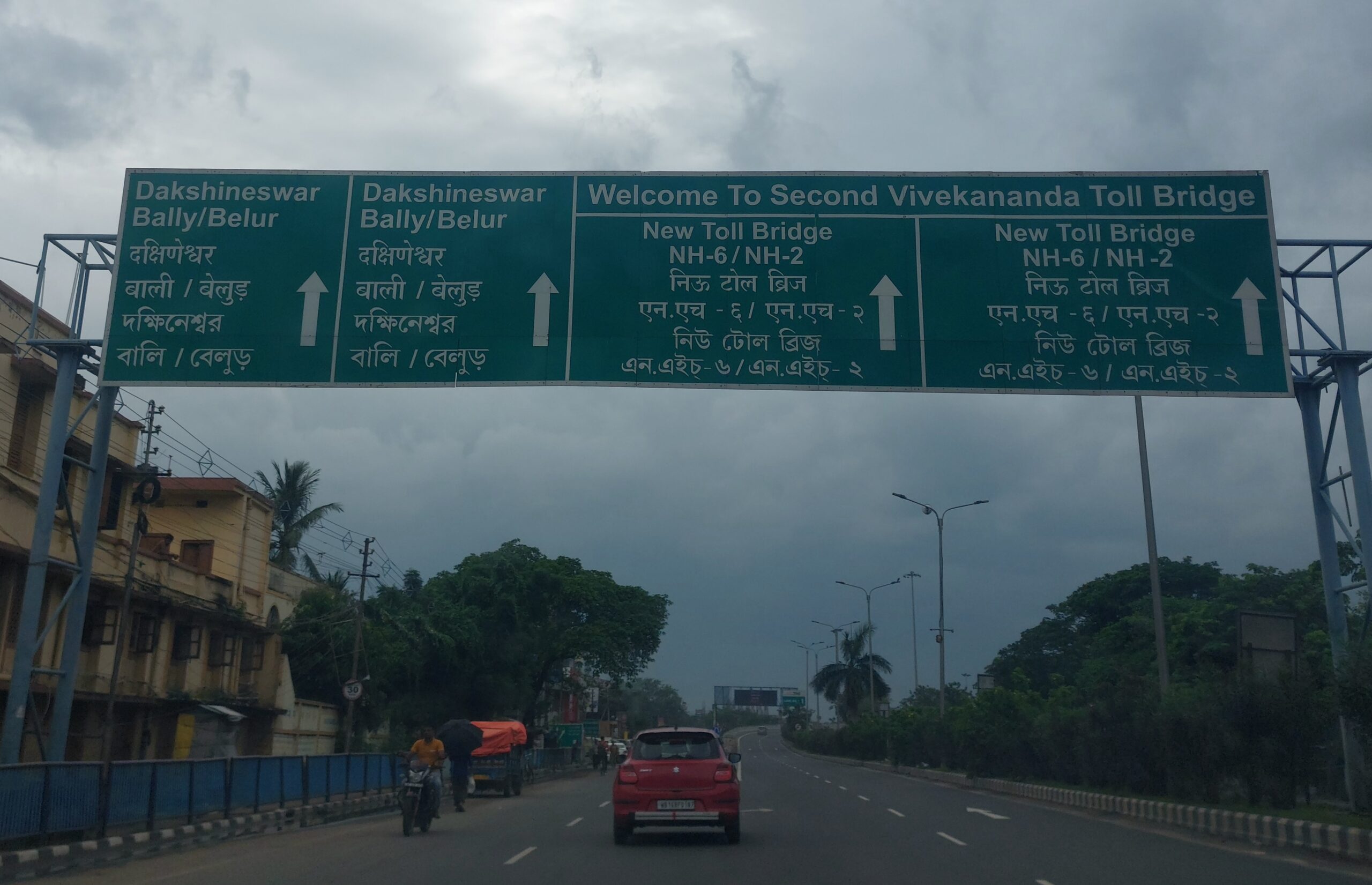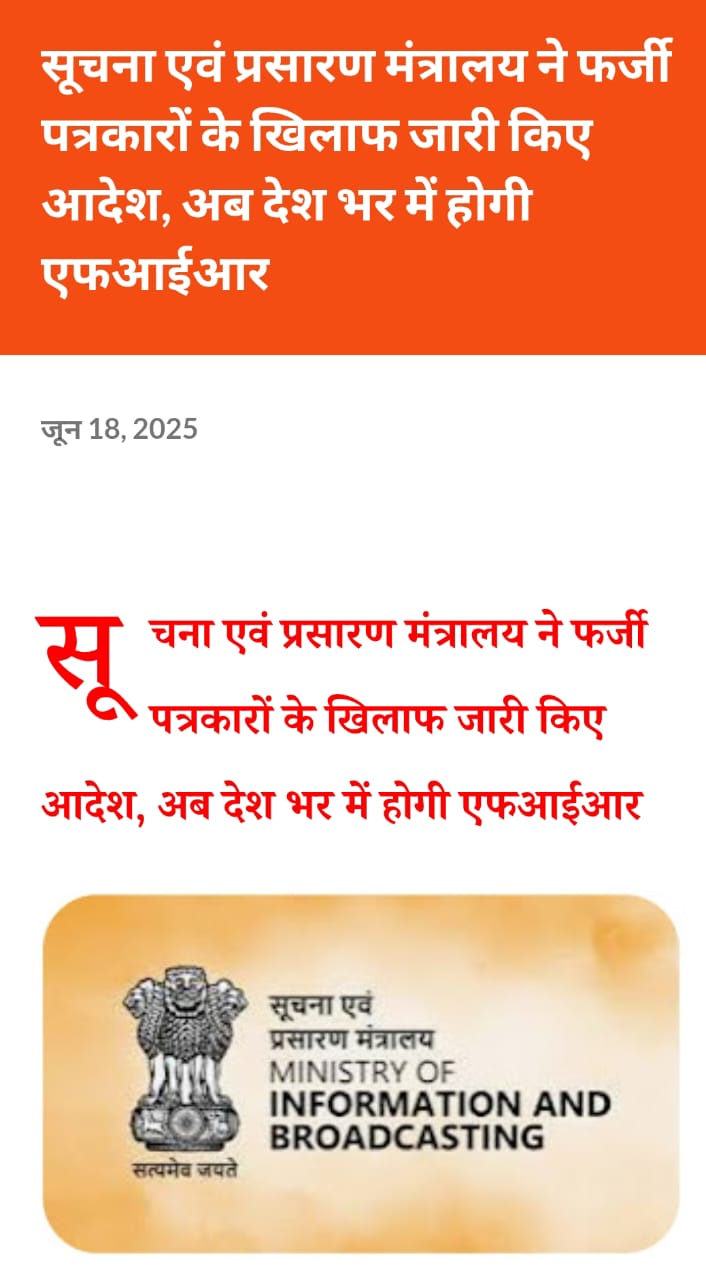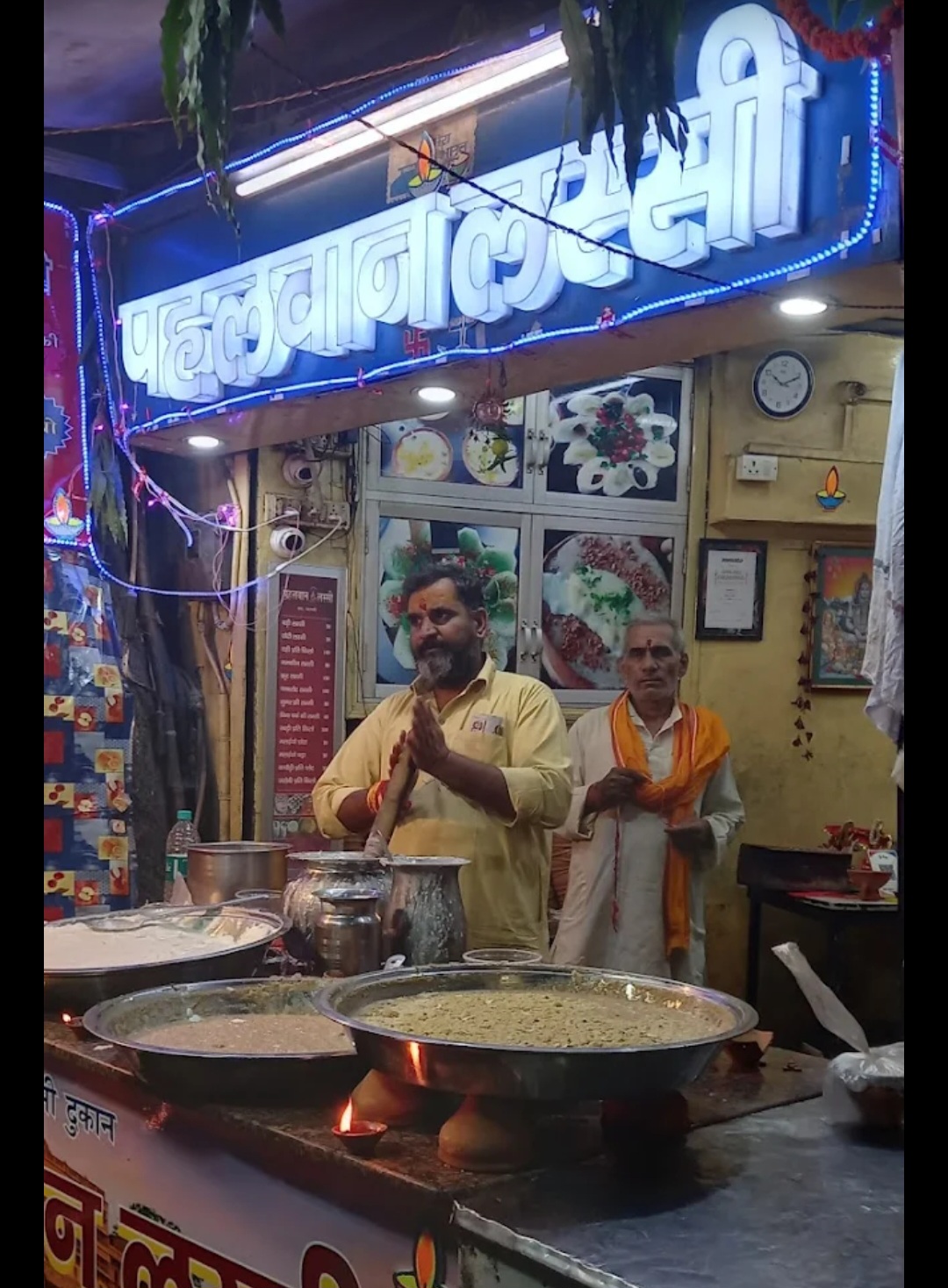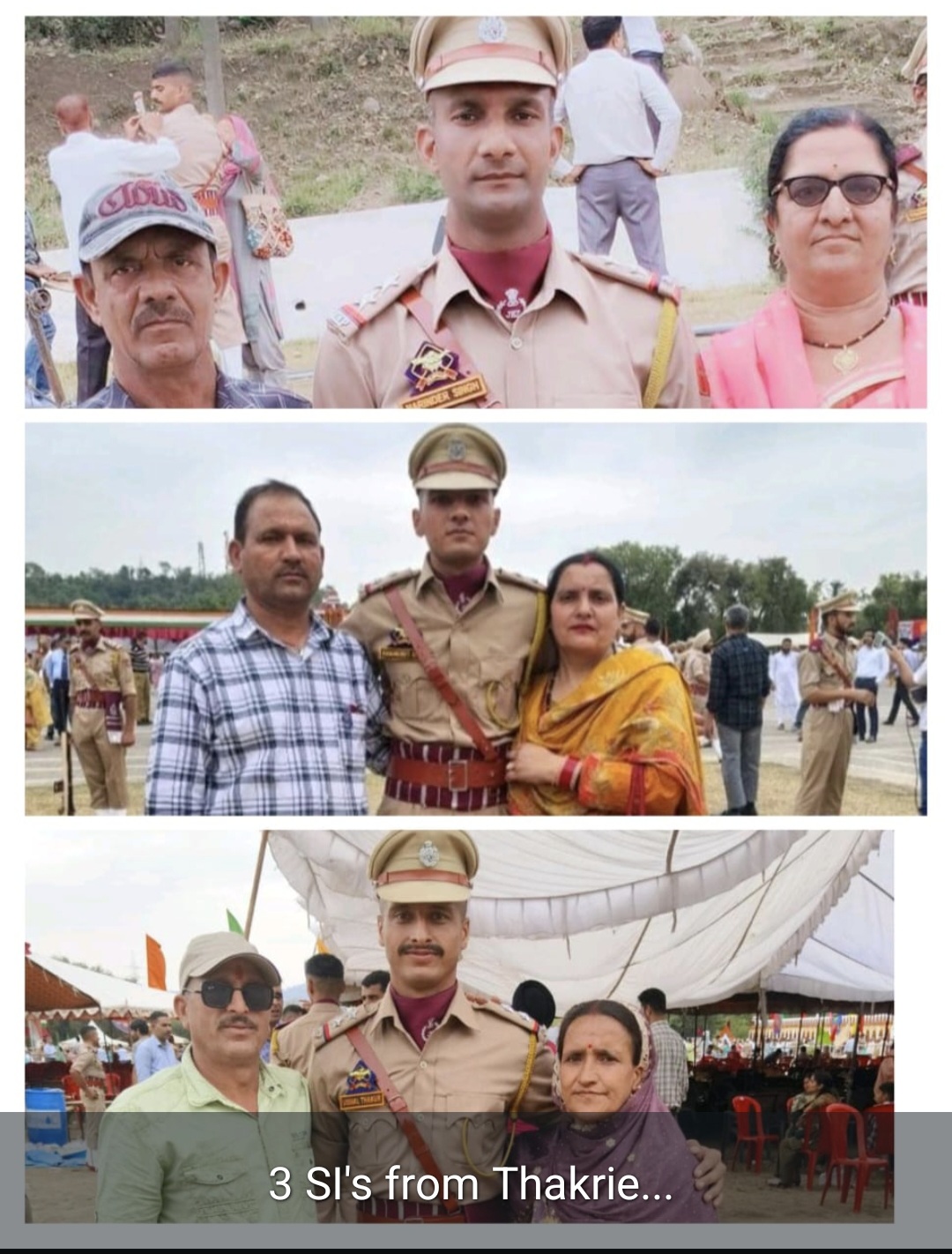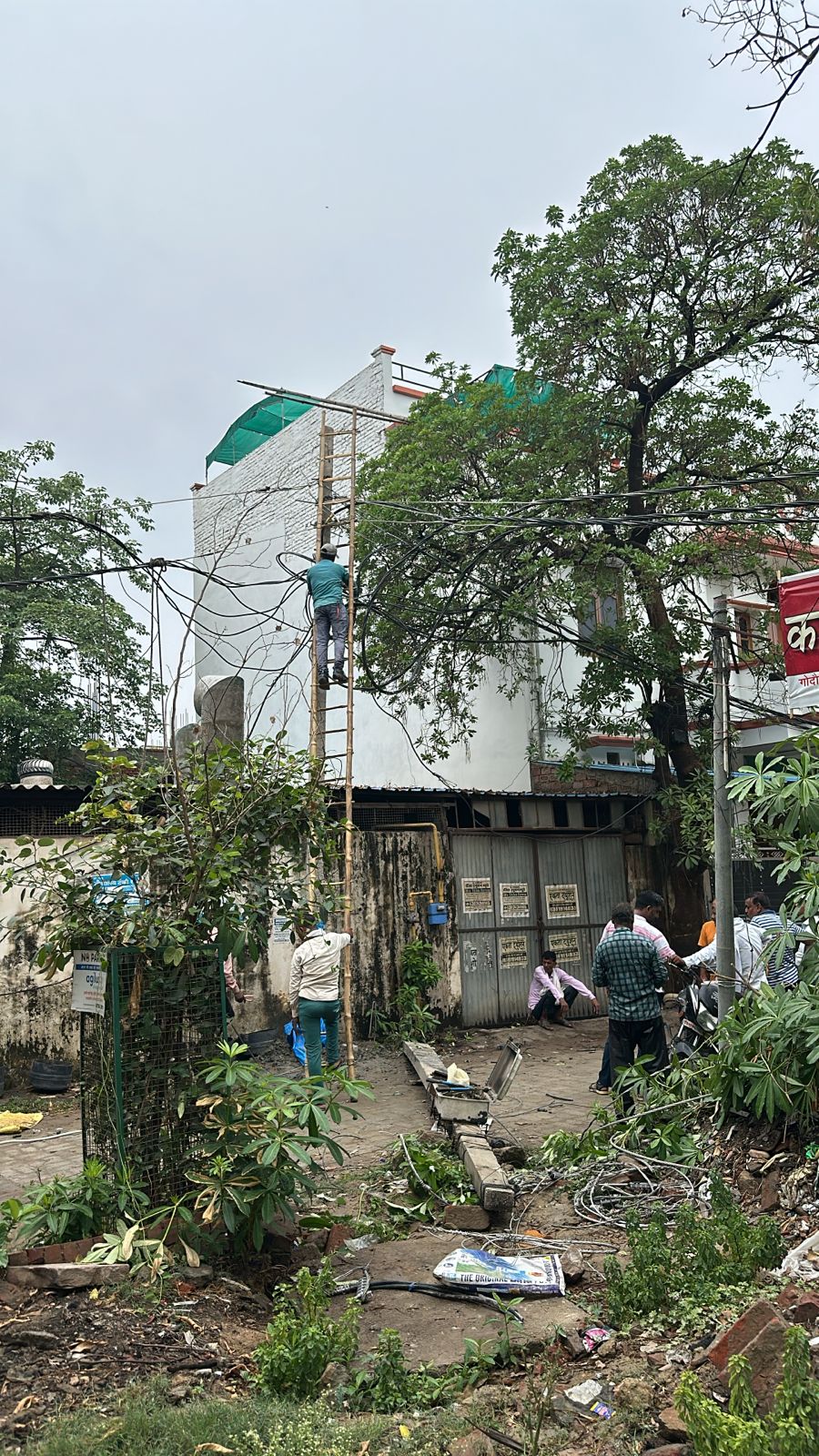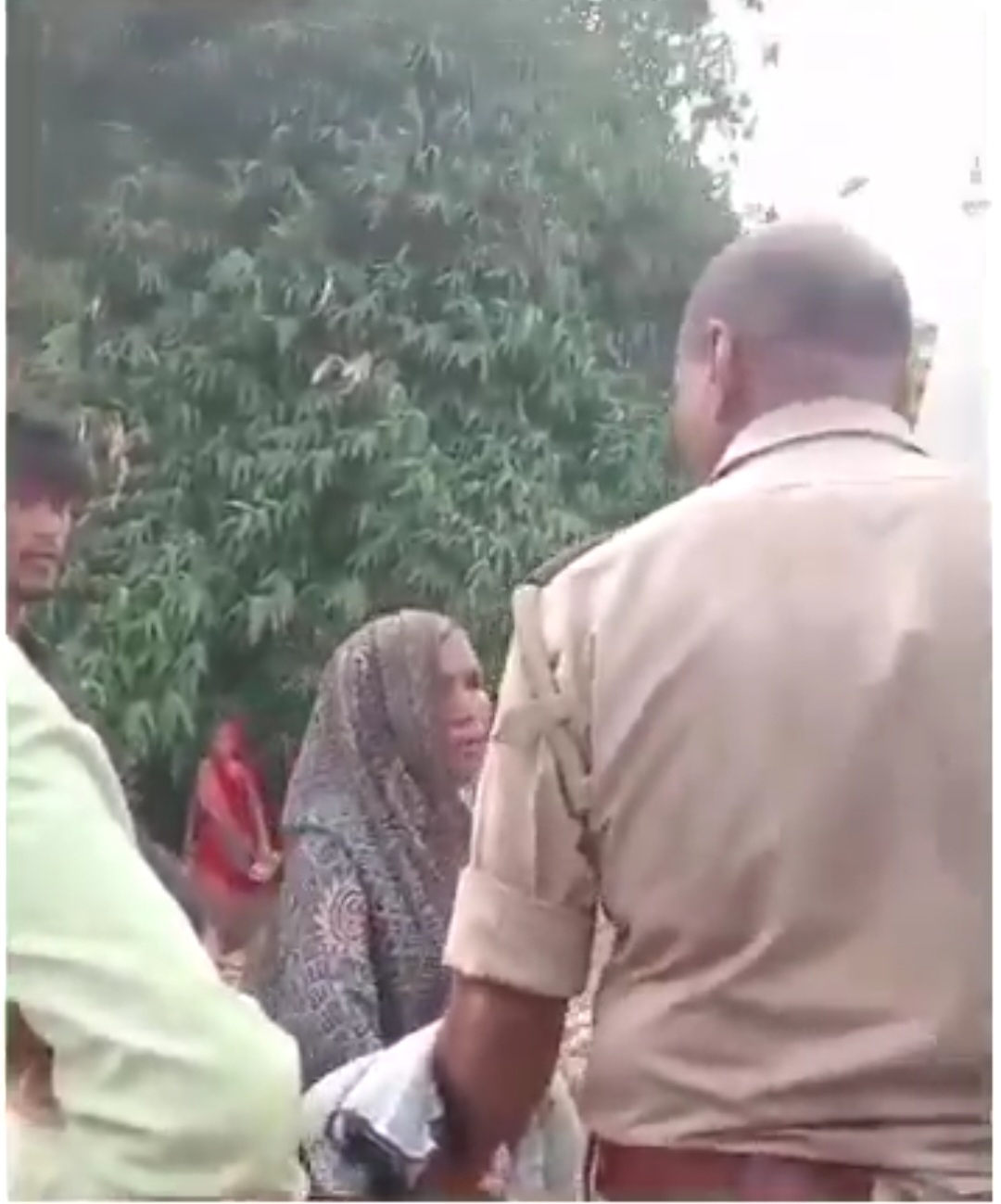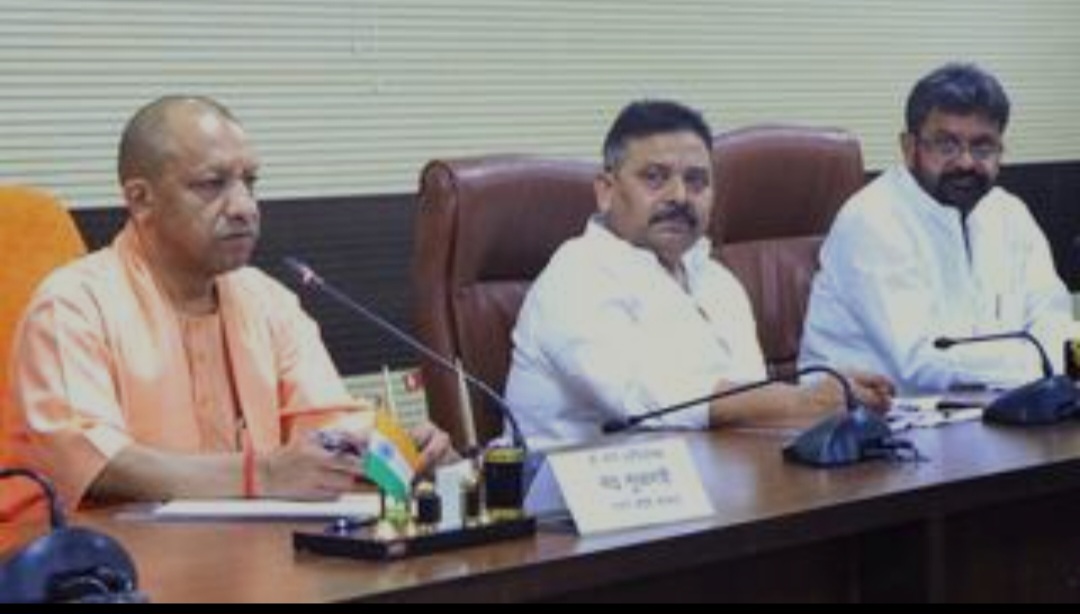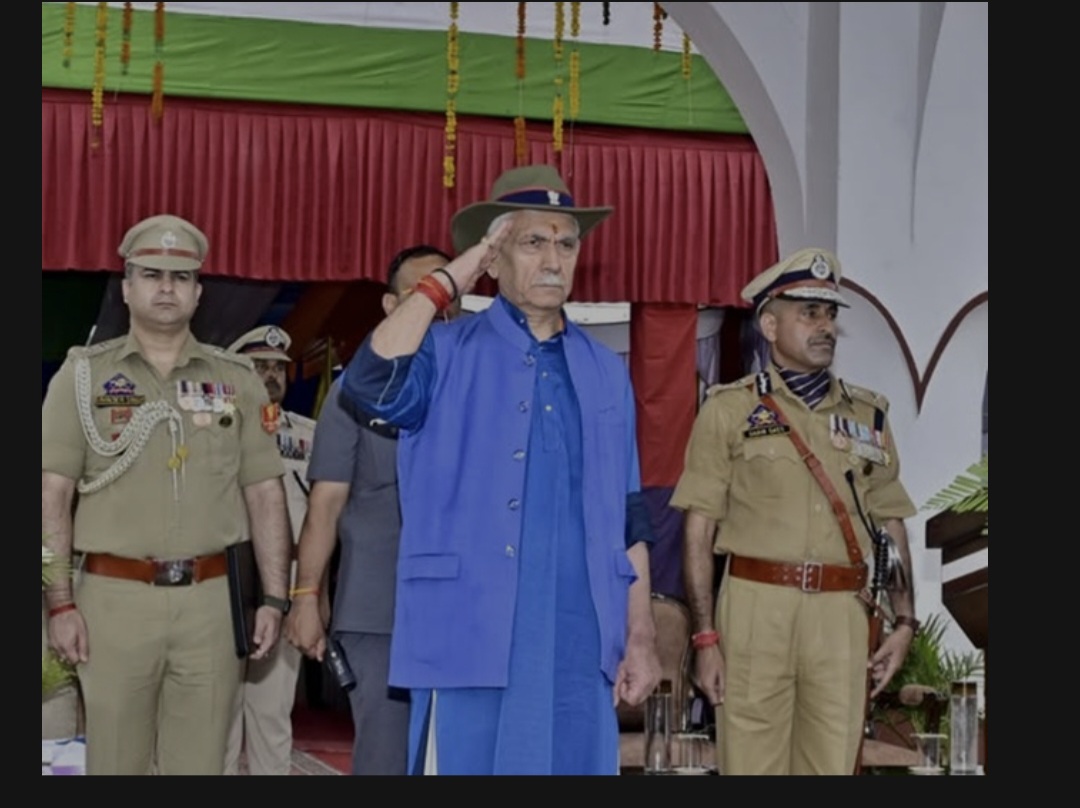Three Former J&K Chief Ministers Opt Out of Assembly Elections: A Historic Shift

Srinagar, : In an unprecedented move in Jammu and Kashmir’s electoral history, three former Chief Ministers—Dr. Farooq Abdullah, Ghulam Nabi Azad, and Mehbooba Mufti—have announced their decision to abstain from the upcoming Assembly elections. This development marks a significant shift in the region’s political landscape.
Dr. Farooq Abdullah, a key figure in the formation of the National Conference (NC)-Congress alliance, has decided to withdraw from the electoral fray. Abdullah, who has served as Chief Minister three times, played a crucial role in the coalition but will not seek re-election.
Ghulam Nabi Azad, another veteran leader and three-time Chief Minister, has also chosen to opt out. Azad’s decision is particularly surprising given his past electoral success, including a record 62.86% vote share in Bhaderwah in 2008. His withdrawal has raised eyebrows among political observers and constituents alike.
Mehbooba Mufti, the first woman to hold the Chief Minister’s office in Jammu and Kashmir, has similarly decided not to contest the upcoming polls. Mufti, who began her political career as an MLA from Bijbehara in 1996 and became Chief Minister in 2016, has cited the current political status of Jammu and Kashmir as a key factor in her decision. Her daughter, Iltija Mufti, is contesting from the Bijbehara seat instead.
Mehbooba Mufti’s choice to step back from the elections has stirred discussions about the future of her party, the People’s Democratic Party (PDP). She has expressed concerns about the feasibility of fulfilling her party’s agenda given the Union Territory’s current political constraints. During her previous tenure, she undertook big decisions, even going against the then Union government of Modi, such as withdrawing FIRs against 12,000 individuals and engaging in dialogue with separatists—efforts she believes would be challenging to replicate under the present circumstances.
Mufti has also criticized the NC-Congress alliance, suggesting that their collaboration is driven solely by a quest for power rather than a shared agenda. In contrast, she described her previous alliances as based on specific objectives, such as upholding Article 370 and fostering dialogue with Pakistan and the Hurriyat.
A senior PDP leader defended Mufti’s decision, stating, “Mehbooba ji’s choice to not contest underscores the party’s commitment to the people of this region. She has maintained her stance against participating in an assembly she views as disenfranchised and downgraded, contrasting with those who frequently alter their positions.”
This development sets the stage for a notable shift in Jammu and Kashmir’s political dynamics.

